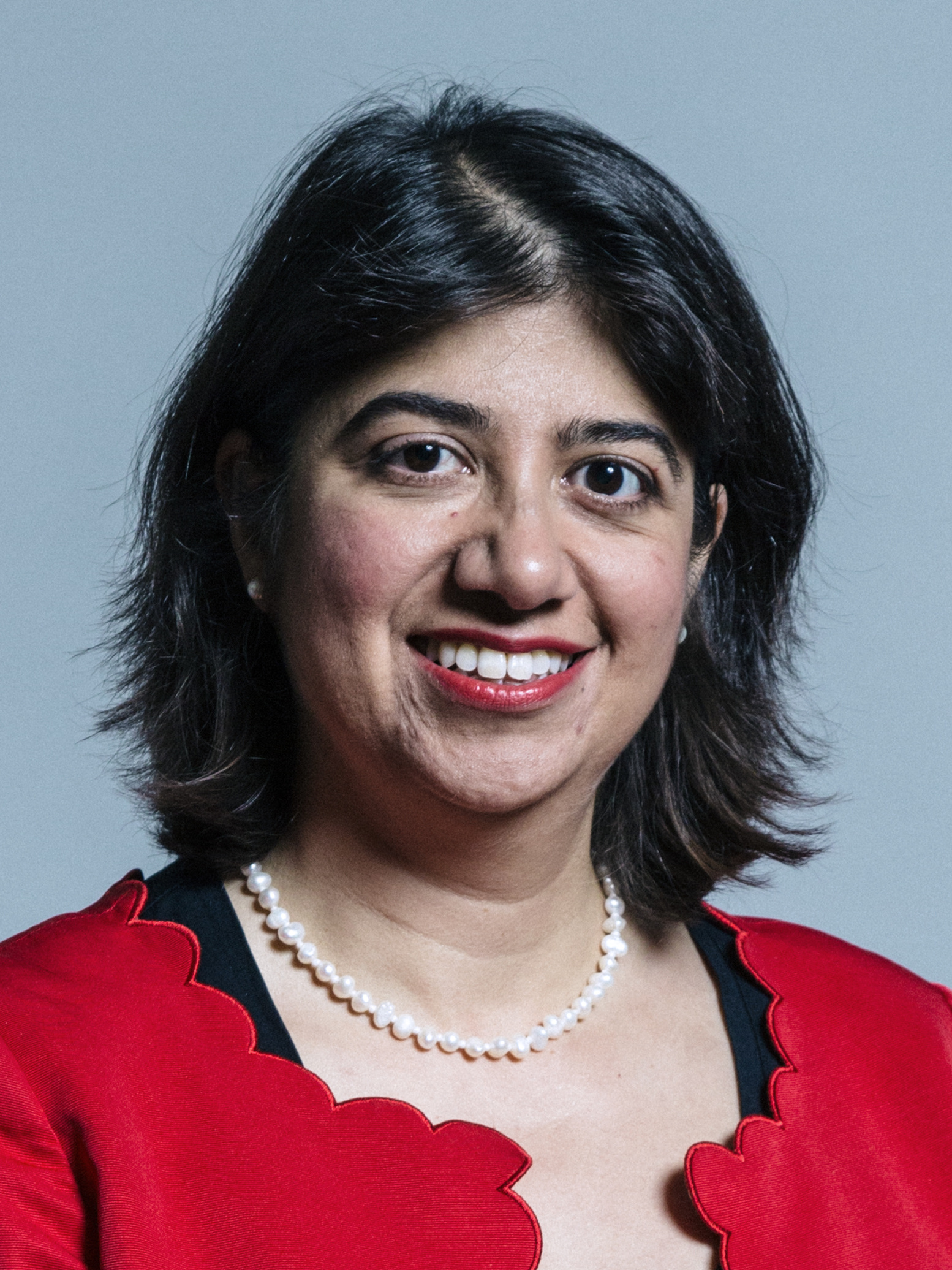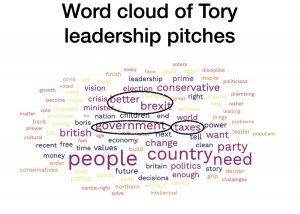The pandemic has changed our politics, with the results of recent elections and opinion polls reflecting an abnormal and unique set of circumstances. What can the last month’s results tell us?
May’s elections saw a very mixed set of results, with positive news in different areas for the main parties. There was a strong draw towards the incumbent, whoever that may be. In London, we saw Labour’s Sadiq Khan elected with a historic 55.2% of the vote – the first Labour Mayor to win two consecutive terms. In Greater Manchester, Andy Burnham came first in every single ward, district, and parliamentary constituency. In Wales, Labour won 50% of seats in the Welsh Senedd, winning in areas Labour lost in 2019. In Scotland, the SNP maintained their position in the Scottish Parliament, but short of an overall majority they had hoped for. In the Hartlepool by-election, many voters who voted for the Brexit Party in 2019 switched to the Tories, resulting in a Tory win.
For Labour there were some solid victories in the south of England, winning the East of England Mayoralty and the Cambridgeshire & Peterborough Mayoralty, but losing out in the Midlands and the North East. I welcome the election in Liverpool of Joanne Anderson, the first female BAME mayor, and my colleague Tracey Brabin, elected Mayor of West Yorkshire. Across the UK there was a 3% swing to Labour, but this is still nowhere near enough to put Labour on a course to win the next election.
Just as the pandemic has changed so much about how we work, shop, and socialise, so our politics has been affected too. The usual activities of door-knocking, talking to voters, public meetings and hustings have been restricted. The recent elections show that the pandemic has shifted people out of set patterns. Amidst so much noise and so many seemingly contradictory results, what can we see?
The big picture is that the crisis has caused many voters to stick with what they’ve got, but there is much that could be different next year.
These elections, in the shadow of Covid-19, have been a unique moment. In future elections, there will be far more focus on policies, values and re-connection with places and diverse communities. That’s why Keir Starmer’s announcement of a thorough policy review is so important. The pandemic has transformed the public finances, sent a shock-wave through the economy, reinforced our support for strong public services and the people who serve in them, and made public health and wellbeing the number one issue. Labour’s message and policies must reflect the new realities and what is to come as we rebuild our economy.
Policies must be underpinned by a set of values and instincts that strike a chord with the voters. We need to make the case for a United Kingdom – not just constitutionally and culturally, but also our shared destiny. So much of recent politics has been about division and discord, dividing people on the basis of who we are, where we live, and what we think. But remember the Olympics, just nine years ago, which we beat the world to host in the UK on a message of diversity and internationalism.
We need a new politics that binds us in common purpose. We need to share our stories, our shared history, our places and experiences. We must celebrate our diversity, and be a welcoming and open society. We must champion the bonds of family, community and wider society – that have held us together with widespread acts of care and generosity between friends and neighbours that lockdown brought. As we now focus on rebuilding, we need to lean into the challenges of the tech revolution and the climate emergency together. Opportunity for all needed more than ever. There’s no time for false divides and fake rows.
Labour’s values are widely shared – fairness, mutual respect, shared prosperity, and the aspiration that the next generation does better than the last. And yet for a decade, as we have lost seats, that established connection between the Labour Party and the voters has been weakening.
The old cultural connections between certain classes or ethnicities and the Labour Party are being re-set. Last May Labour lost control of Durham country council for the first time in 100 years, and at the same time gained Chipping Norton in Oxfordshire. The old rules don’t apply.
So Labour’s task now is to look and sound like a viable alternative, reflecting in Parliament the conversations families are having at home. We need to fix the problems with our housing market, our education system, our gig economy, and our fractured society. We need to help small and medium-sized businesses to recover. On the big issues like the future of work, we need the in-depth thinking about how to create rewarding, fulfilling work for all. We need a vision for a Britain confidently making its way in the world.
Recent elections showed that Labour can lose, but also that we can win. Labour can learn from successes in Wales, London, the North-West, and even the South. I have faith that Labour will redouble our efforts to connect with the emerging new electorate, listening to their voices, understanding their concerns, and showing we are on their side.
Seema Malhotra MP is the Labour MP for Feltham and Heston.





